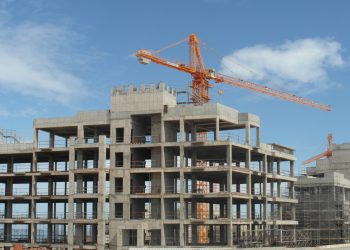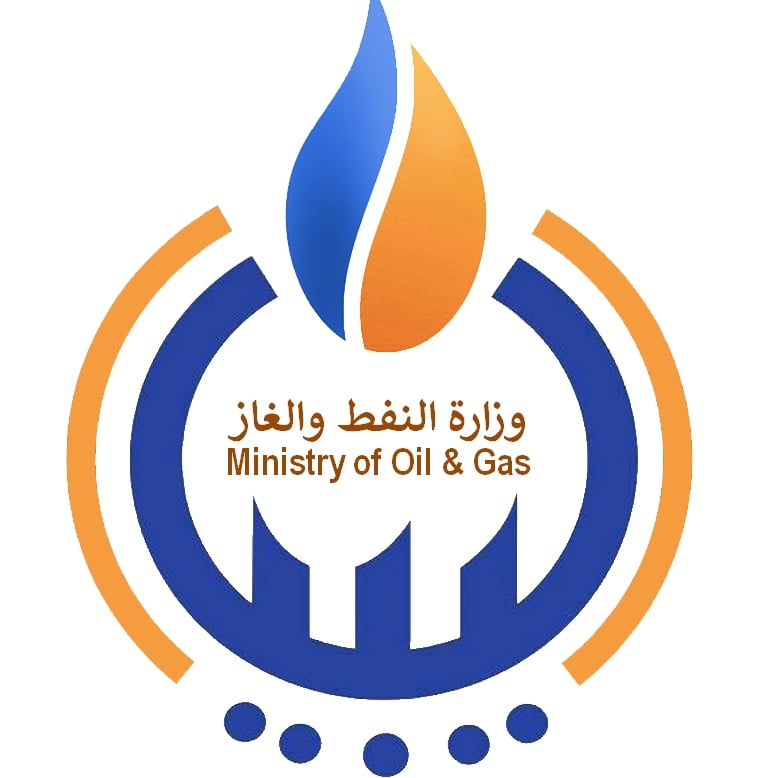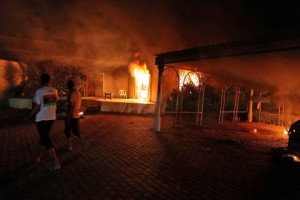By Jamal Adel and Farah Waleed.
Tripoli, 13 May 2014:
The Jebel Nafusa oil blockade by a group of Zintanis who had turned . . .[restrict]off the valves on the pipelines taking oil from the Fil, Sharara and Hamada fields to Zawia has finally been brought to an end. It follows a long series of talks between the blockaders on the one side and Zintani elders and, more recently, Zintan Municipal Council on the other.
The reopening of the pipelines means that Libya can up production by some 500,000 barrels a day. Production in the affected oilfields was due to start today as a result.
“We finally reached into an agreement with the Zintani youths who turned down the terminal valves,” the Mayor of Zintan, Mustafa Al-Barouni, told the Libya Herald last night. “They’ve lifted their long-standing blockade.”
Those responsible had “demonstrated a genuine patriotism by deciding to lift the blockade unconditionally,” he added.
“The negotiations succeeded finally. We are keen to reactivate the operation within the next few hours,” said the Sharara terminal manager at Zawia port, Husain Al-Hingari, who also took part in the negotiations.
“We will work now to restore the full capacity of production in the Sharara first, then there will attempts to operate the other disrupted oilfields soon,” explained Al-Hingari.
Production at Sharara had been doubly hit. Protestors at the field had disrupted production and the valves on the pipeline along with those from Al-Fil, Al-Hamada and Wafa fields, were turned off at a valve station near Reyayna in Jebel Nafusa by members of the Petroleum Facilities Guard (PFG) from Zintan.
The Sharara protestors, however, had decided at the beginning of the month to give up their action, after they felt that they had obtained as much as they could in their demands.
The Zintanis were earlier reported to be demanding “compensation” to give up their blockade. [/restrict]







